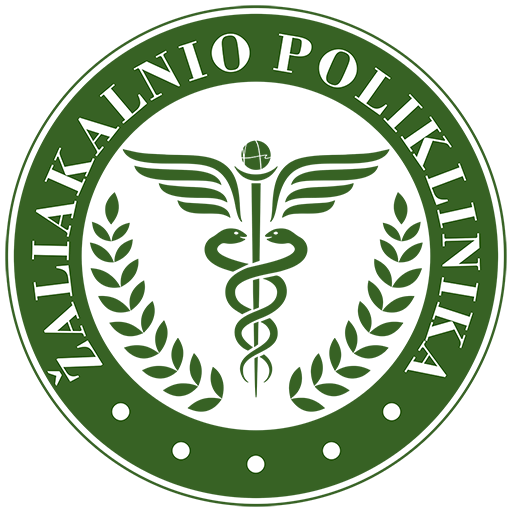Gynaecology - obstetrics
An obstetrician-gynaecologist is not just a doctor who looks after pregnant women to make sure that their newborn babies come into the world smoothly. They specialise in a much broader range of tasks - from consultations, examinations and preventive care to the treatment of serious diseases.
It is recommended to see an obstetrician-gynaecologist at least once a year, or more often, especially if you experience these symptoms:
- Troubled or painful periods;
- Increased discharge;
- Discomfort or pain in the abdomen;
- Painful sexual intercourse;
- Painful breasts or palpable lesions in the breasts;
- Starting to take contraceptives;
- Planning for family growth;
- After learning about a possible pregnancy;
- Failure to get pregnant for a long time;
- 6-8 weeks after giving birth;
- Risk factors, with a family history or history of any oncological disease.
Prenatal care programme
Prenatal care programme (1st trimester - up to 14 weeks):
- Two consultations with an obstetrician-gynaecologist (first visit and second visit within
- 14 days from the date of testing);
- Consultation with a family doctor;
- Consultation with a dentist;
- Laboratory tests:
- Complete blood count;
- Determining blood group;
- RhD antibody detection for female RhD (-) and male RhD (+);
- RPR (for syphilis);
- HIV;
- HbsAg (hepatitis B surface antigen);
- Glycaemia;
- Urine test;
- Urine culture (performed at week 12 - 16);
- Toxoplasma IgM and IgG*
- TSH, free triiodothyronine (FT3)*, free thyroxine (FT4)*
- First trimester fetal ultrasound (from week 11 to 13 + 6 days).
Prenatal care programme (2nd trimester - 14-28 weeks):
- Three consultations with an obstetrician-gynaecologist (18-20 weeks, 24-25 weeks, 28 weeks);
- Ultrasound fetal examination (18-20 weeks);
- Cervical ultrasound assessment (24-25 weeks);
- Laboratory tests:
- Three urine tests (18-20 weeks, 24-25 weeks, 28 weeks).
- General blood test;
- Glucose tolerance sample (3-point, 24-28 weeks +6 days);
- RhD antibody testing for female RhD (-) and male RhD (+) at 27-28 weeks +6 days).
- Injection of anti-D gammaglobulin (28-30 weeks +6 days) when the woman has RhD (-) and the man RhD (+).
Prenatal care programme (3rd trimester - 29-40 weeks):
- Four consultations with an obstetrician-gynaecologist (4th consultation at 41 weeks or 2 months after delivery);
- Ultrasound fetal examination (36 weeks);
- Modified biophysical profile;
- Issuing a maternity leave certificate (30 weeks);
- Injection of anti-D gammaglobulin (if not injected before 29 weeks) when the woman has RhD(-) and the man has RhD(+).
- Laboratory tests:
- Four urine tests (at each visit);
- Complete blood count;
- RPR;
- HIV;
- Toxoplasma IgM and IgG*;
- Culture for group B streptococcus (35-37 weeks 6 days)*.
* - tests not funded by the PSDF budget.

